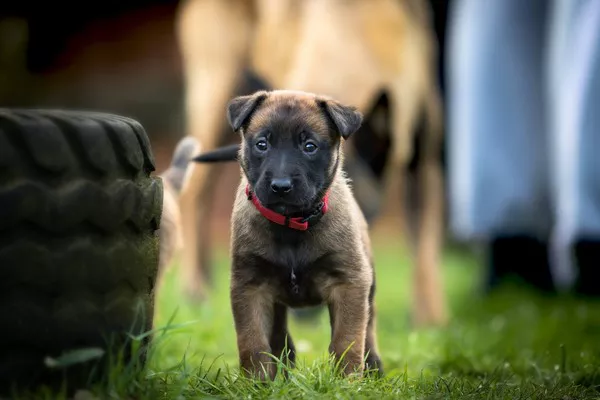Akita dogs are a large and powerful breed that is known for their loyalty and protectiveness towards their owners. However, they have a reputation for being aggressive, which can cause concern for prospective owners. In this article, we will explore the topic of whether or not Akitas are an aggressive breed, what causes aggressive behavior, and how to prevent it.
Are Akitas an aggressive breed?
Akitas have a history of being bred as guard dogs and hunting companions in Japan. Due to their size, strength, and loyalty, they have the potential to be aggressive if not trained and socialized properly. However, not all Akitas exhibit aggressive behavior, and aggression can be prevented through proper training and socialization.
What causes aggressive behavior in Akitas?
Aggressive behavior in Akitas can be caused by a variety of factors, including genetics, lack of socialization, and lack of training. Akitas that are not properly socialized may perceive strangers or other dogs as a threat, which can result in aggressive behavior. Akitas that are not properly trained may also exhibit aggressive behavior due to a lack of impulse control or improper handling.
How to prevent aggressive behavior in Akitas?
Preventing aggressive behavior in Akitas begins with proper socialization and training. It is important to expose Akitas to a variety of people, animals, and environments from a young age. This will help them develop positive associations with new experiences and reduce the likelihood of fear-based aggression. Positive reinforcement training techniques can also help Akitas learn appropriate behavior and develop good impulse control.
It is important to note that Akitas may be best suited for experienced dog owners who are familiar with the breed’s unique characteristics and are willing to invest time and effort in training and socialization. Akitas can also benefit from early obedience training and formal obedience classes.
It is also important to ensure that Akitas receive proper exercise, mental stimulation, and veterinary care. Lack of exercise and boredom can lead to destructive behavior and potentially aggressive behavior. Regular check-ups with a veterinarian can help identify and treat any health issues that may contribute to aggressive behavior.
In conclusion, while Akitas have a reputation for being an aggressive breed, aggressive behavior can be prevented through proper socialization and training. It is important to expose Akitas to a variety of people, animals, and environments from a young age and to use positive reinforcement training techniques. Akitas may be best suited for experienced dog owners who are willing to invest time and effort in training and socialization, as well as providing proper exercise, mental stimulation, and veterinary care. With proper care and attention, Akitas can make loyal and loving companions.

























